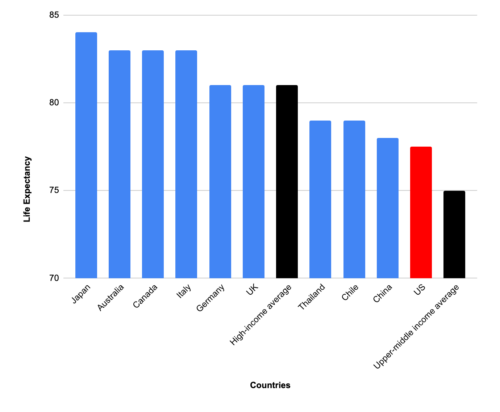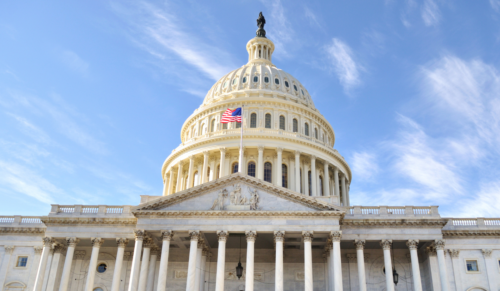Is Reid Wobbling on the “Cadillac Plan” Tax?
By: / 11.15.2009
A New York Times editorial today threw its support behind a health reform provision that we’ve backed in the past: an excise tax on so-called Cadillac plans. But the Times‘ endorsement came on a weekend when prospects for the tax seemed to dim.
On Thursday, it was reported that Senate Majority Leader Harry Reid (NV) was considering raising the Medicare payroll tax on workers earning $250,000 or more to help pay for health care reform. According to one report, the idea being floated is a half-percent increase in the tax, to raise some $40 billion to $50 billion over 10 years. Another idea is to extend the payroll tax to capital gains and dividends from high-income earners.
Why the decision to tap into a new funding source for the reform package? One reason could be an effort to hike the Senate’s stingier (compared to the House bill’s) subsidies for low-income people. But a likelier reason could be, as the Times reported, an effort by Reid to cut back, if not outright eliminate, one of the Senate’s main financing sources, the excise tax.
If the payroll tax hike ends up replacing the excise tax, it would be an unfortunate development for reform. For months now, some powerful Democratic constituencies have been putting pressure on lawmakers to drop the idea. HCAN, a progressive health reform advocacy group, has come out swinging against it; the AFL-CIO has been running ads like this to scare the public and Congress.
But far from a tax that unfairly targets the middle class, the excise tax on high-cost health plans would actually be progressive. According to the Center for Budget and Policy Priorities, the “thresholds for the proposed excise tax are sufficiently high that most health insurance plans would not be affected.” Moreover, such a tax would go some way toward bending the proverbial cost curve:
The proposed excise tax would make a major contribution to slowing the growth of health care costs by discouraging insurers from offering, and firms from purchasing, extremely generous health insurance coverage that can encourage excess health care utilization. That, in turn, would reduce incentives for excessive health care spending.
As employers seek out cheaper, more efficient health plans, the savings then get converted into higher wages for employees. Indeed, according to the Joint Committee on Taxation, of the $201 billion in increased revenue the excise tax would bring, only $38 billion would come from the excise tax itself — the rest would come from increased payroll and income taxes from the higher wages and salaries that employees would be paid.
While an increase or expansion of the payroll tax for high-income earners might yield some new and badly needed funds for reform, it would not be a sustainable source, what with health cost inflation growing at a far faster rate than payrolls and the taxes levied on them. The fact is that the excise tax on high-cost health plans simply produces too many good outcomes — revenue generation, cost reduction, wage increases — for progressives to pass up, let alone oppose.






